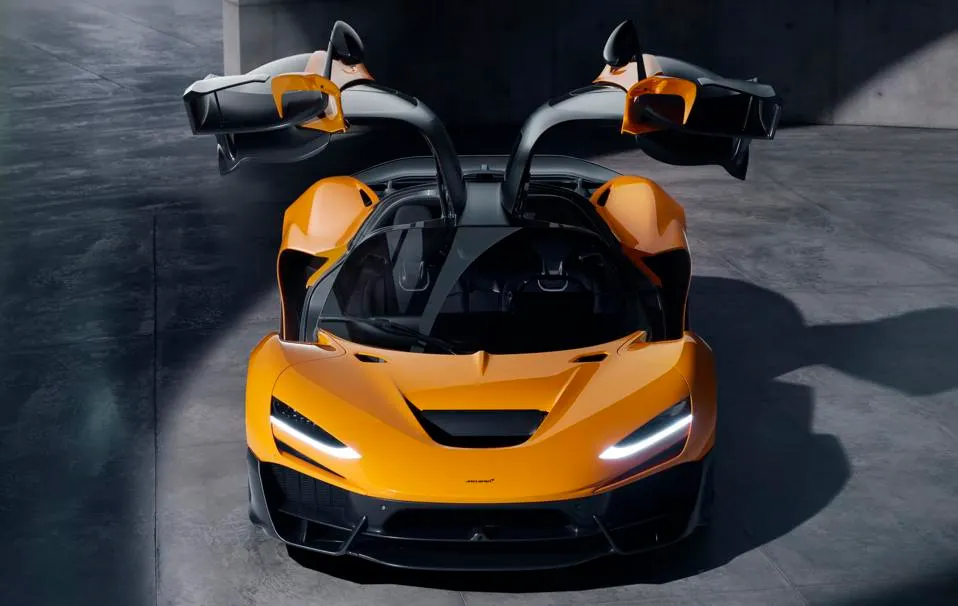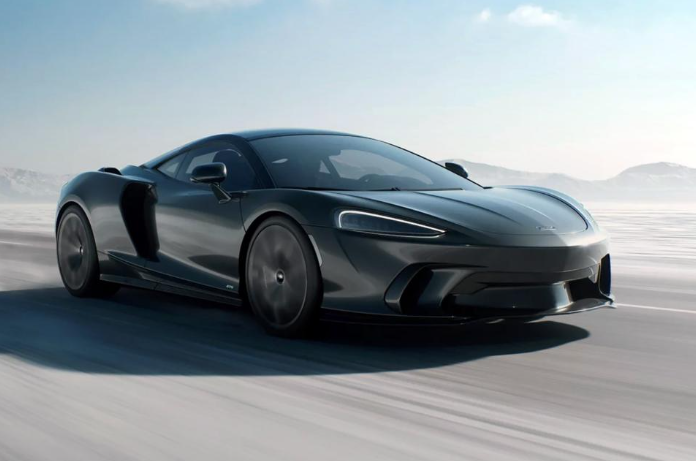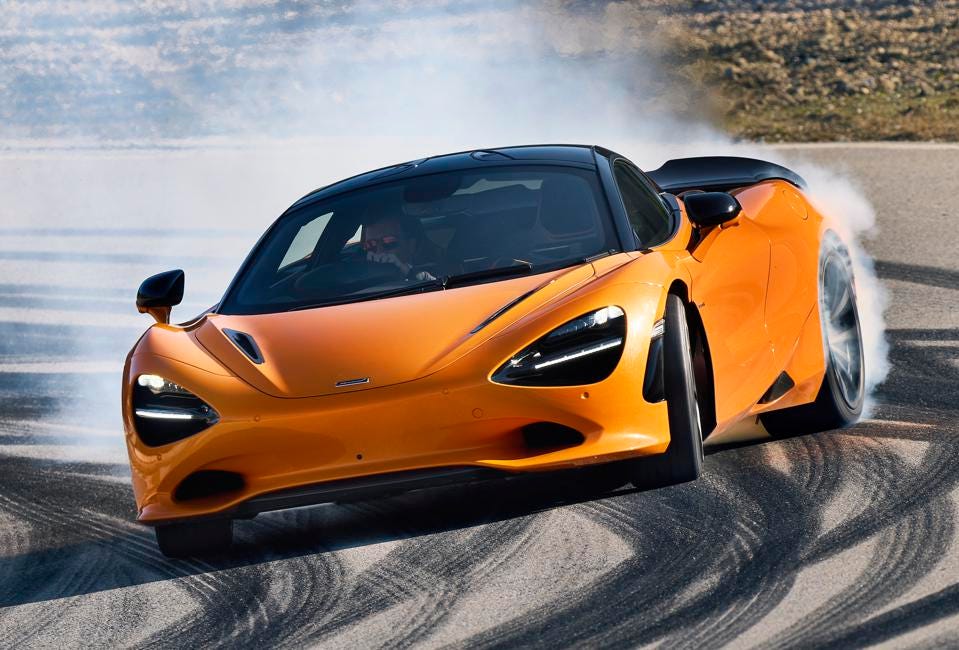McLaren has just unleashed all the details and images of its new ultimate supercar: the McLaren W1. With 1,258 horsepower, 988 pound-feet of torque, a 3,200-pound curb weight, and a 217 mph top speed, the W1 represents a new dimension in performance for both McLaren and the supercar segment.

This level of McLaren supercar doesn’t happen every day…or even every decade. The first time it happened was 1992, when the legendary McLaren F1 was unveiled.
The F1 offered over 600 horsepower and weighed less than 2,800 pounds, giving the engine about 4.5 pounds to move around for each horsepower and the best power-to-weight ratio of any street-legal supercar at the time. Between its performance and central driver’s seat layout it remains a unique automobile, with only about 100 made.
The next time McLaren introduced an ultimate “1” model was 2013, when the P1 supercar went into production. The P1 used a hybrid drivetrain to offer 903 hp while weighing about 3,400 pounds. So while it gained about 25 percent in curb weight over the F1, the P1 also gained about 50 percent in horsepower, giving it an even better power-to-weight ratio. The P1 only has to propel about 3.6 pounds for each of those 903 horsepower.
Now comes the McLaren W1. The basic specs: 1,258 horsepower, 988 pound-feet of torque, a roughly 3,200-pound curb weight, and a power-to-weight ratio of approximately 2.5 pounds for each horsepower, suggests stunning performance. McLaren is saying 0-60 will take 2.7 seconds, 0-124 will take 5.8 seconds, and 0-186 will take 12.7 seconds. The W1’s top speed will be 217 mph. The W1 is also supposed to offer over 2,200 pounds of downforce when traveling at 174 mph.
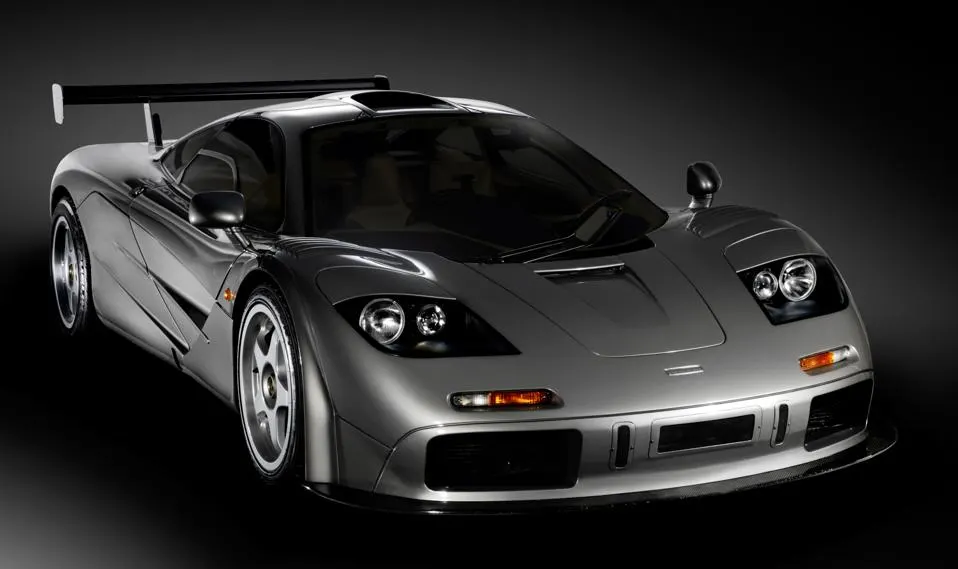
That downforce comes from a combination of aggressive aerodynamics and a ride height that drops 1.46 inches in front and .7 inches in back when placing the car in race mode. The W1 also features a McLaren Active Long Tail rear wing, which can extend rearward up to 11.8 inches to assist with downforce.
The W1’s drivetrain starts with a 4.0-liter V8 engine that makes 916 horsepower. The engine is pared to a 44-pound, radial flux “E-motor” making 342 horsepower. I saw one of these E-motors in person during the McLaren Artura press launch last year, and trust me when I say the level of power and torque being produced by this disc-brake-sized module is truly amazing. A 1.38 kWh battery powers the E-motor, and McLaren says the hybrid components in the W1 have been reduced by 88 pounds compared to the P1, while making twice the power.
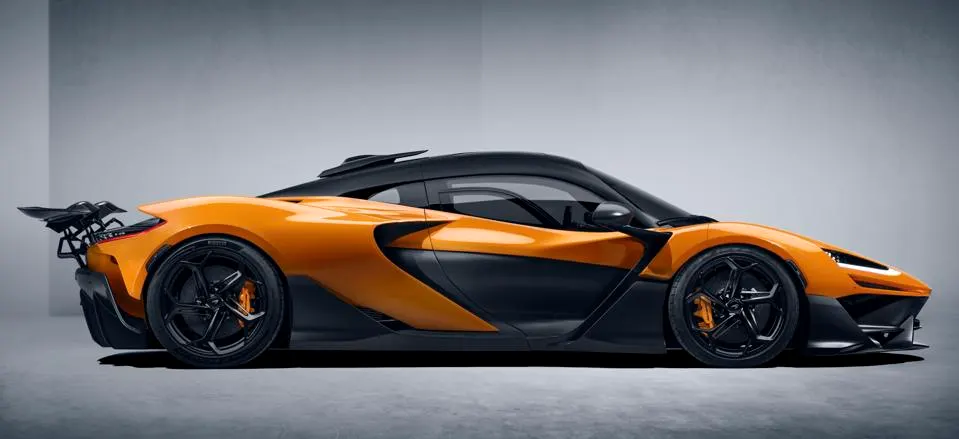
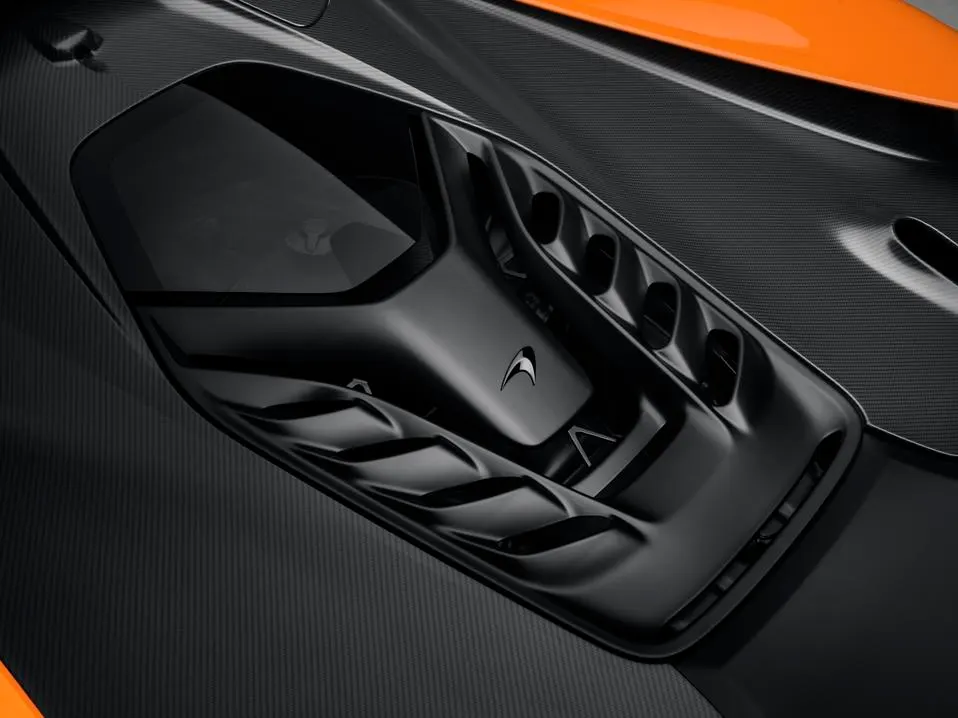
Speaking of power, the W1 sends all its power to the rear wheels through an 8-speed dual-clutch automatic. Not going all-wheel drive for the W1 probably cost it a couple tenths in 0-60 and quarter-mile acceleration, but it also saves weight and improves steering feel. Which brings up perhaps the exciting aspect of the W1.
Far more exciting than the horsepower or power-to-weight figures, at least from my perspective: hydraulic-assisted steering! Thank you McLaren!
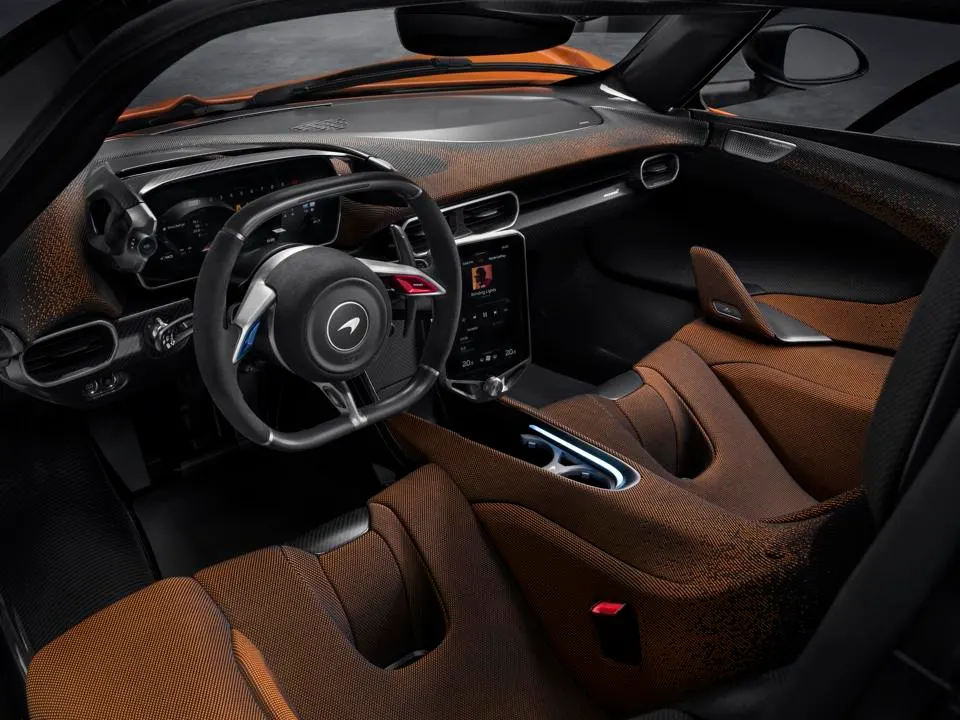
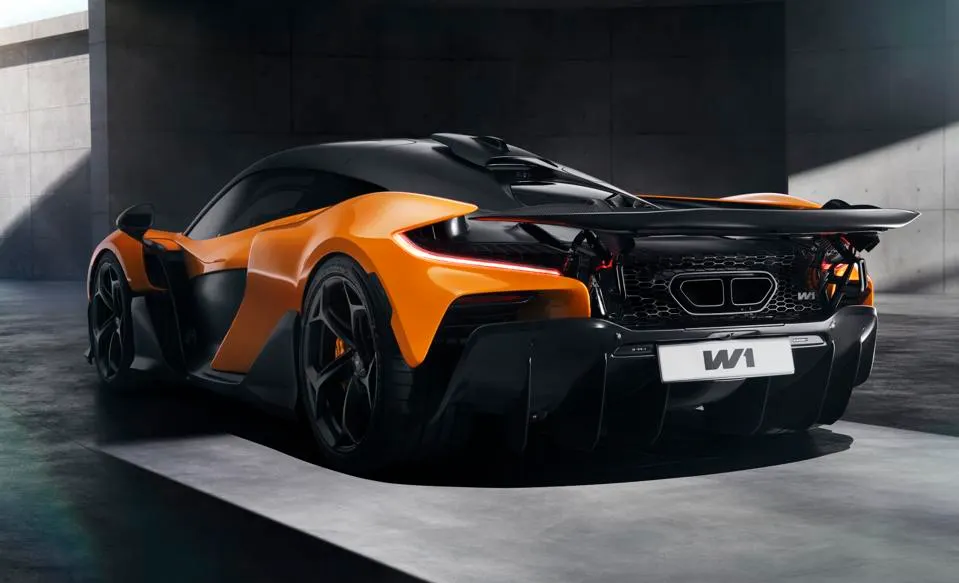
The W1’s styling manages to look very clearly like a McLaren without looking like any other McLaren. That’s the ideal balance an automaker, especially a supercar automaker, should strive for. The W1 will start at $2.1 million (AUD$3.9 million) and only 399 W1s will be produced.
The company also told us all 399 W1s are already spoken for.
The W1’s style, performance, and advanced tech look to be inline with its two predecessors in terms of redefining street-legal performance. I’m looking forward to seeing them on the street next year.
